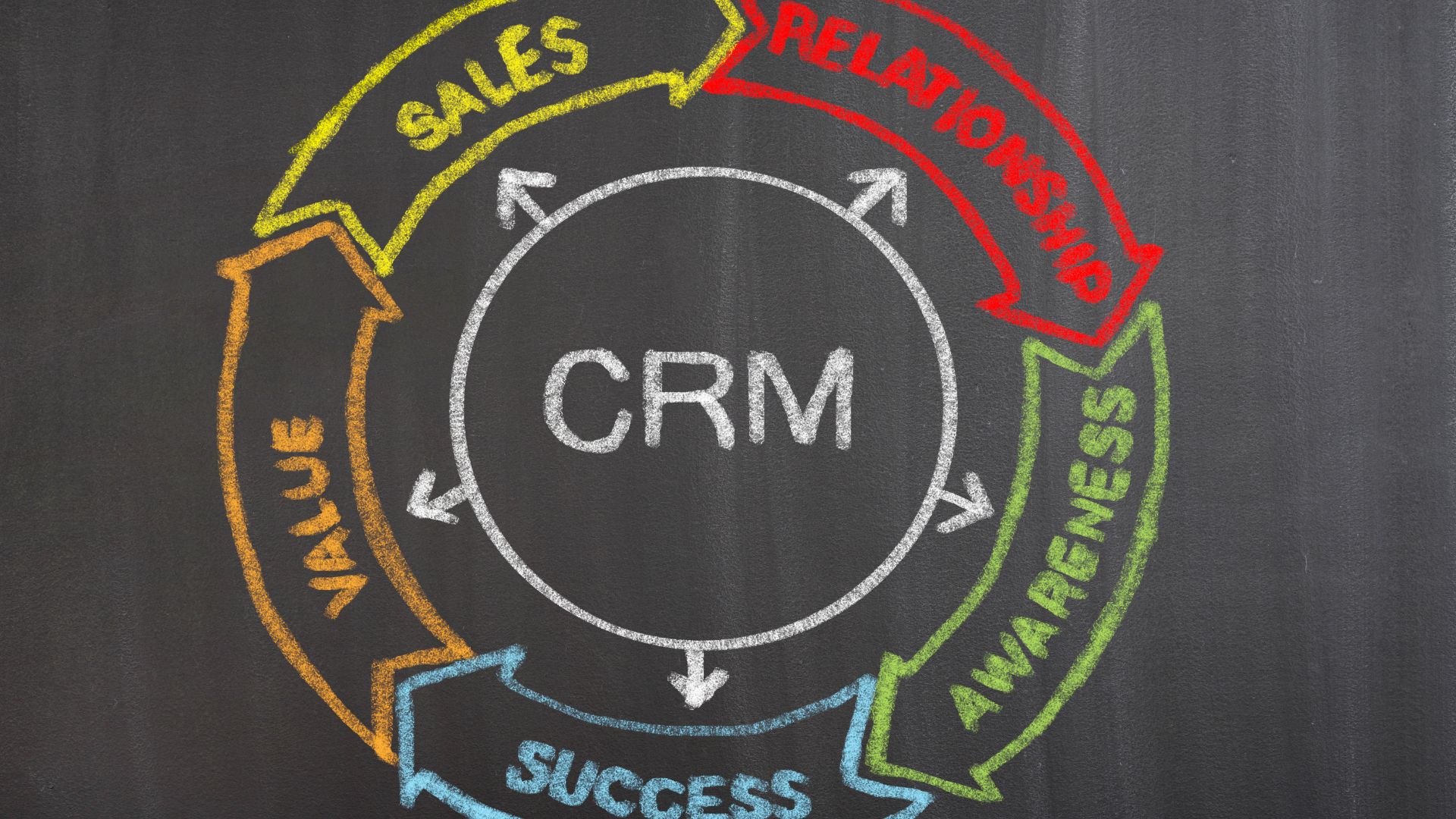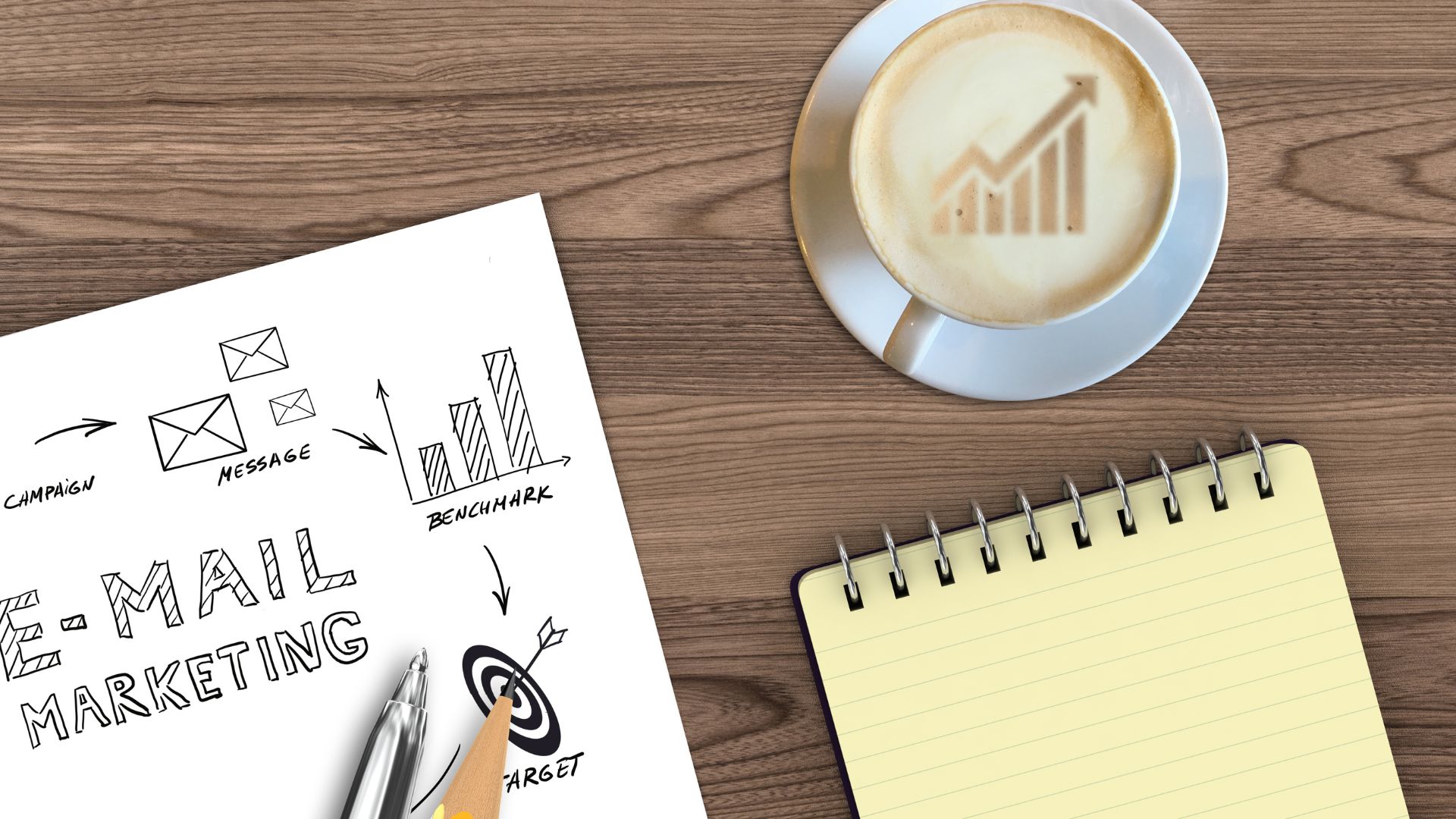
Customer Relationship Management, commonly known as CRM, is no longer a tool reserved just for the giants of the business world. With the increasing availability of various scalable platforms, small to medium enterprises (SMEs) can equally benefit from the vast advantages of implementing a CRM system. So, what’s all the fuss about, and why should SMEs be sprinting to integrate CRM into their operations?
What is CRM, Anyway?
CRM, at its core, is a system that allows businesses to manage and analyze customer interactions and data throughout the customer lifecycle. Its primary goal? Enhancing business relationships, retaining customers, and boosting sales. Think of CRM as a digital rolodex on steroids.
Benefits of CRM for SMEs
- Enhanced Customer Relations: A CRM system captures customer interactions, ensuring that all touchpoints – whether it’s sales, customer service, or marketing – have access to the same information. Remember that time you called a business and they instantly recognized you and knew your preferences? That’s CRM magic.
- Improved Decision Making: With all data centralized, SMEs can make informed decisions. Fancy a visual? Platforms offer dashboards showing sales performance, customer preferences, or any other metric you deem important.
- Increased Sales: CRM systems help streamline the sales process, from lead generation to conversion. No more forgetting to follow up on a lead – the CRM will remind you.
- Efficient Marketing: Understand which channels are performing and where your customers are coming from. This means you can direct your limited marketing resources where they’ll have the most impact.
- Enhanced Data Security: Centralizing your business data in a CRM system means you can focus your budget and energy on securing a single platform, reducing vulnerabilities.
Use Cases for SMEs
- Retail: A small boutique can track purchase histories to recommend new products or reward loyal customers.
- Service Industry: A local spa can send reminders to clients who haven’t booked a service in a while or offer special deals during their birthday month.
- E-commerce: Online stores can analyze customer buying patterns to predict trends or restock popular products.
- Real Estate: Agents can track potential buyers and their preferences, ensuring they show properties that match their clients’ desires.
CRM Platforms Suitable for SMEs
- HubSpot CRM: A freemium platform, perfect for businesses just dipping their toes into the CRM world. It’s user-friendly, offers integration with numerous tools, and scales as you grow.
- Zoho CRM: Known for its affordability and robust features, it’s especially popular among SMEs. It includes automation, analytics, and multichannel communication.
- Salesforce Essentials: A scaled-down version of the giant Salesforce platform, designed specifically for smaller businesses.
- Freshsales: This platform is lauded for its intuitive interface and excellent customer support, ideal for SMEs without a dedicated IT team.
In Conclusion
CRM is not just a trend – it’s a game-changer, especially for SMEs looking to compete in today’s digital age. By centralizing customer data, automating processes, and providing actionable insights, CRM systems empower smaller businesses to operate with the efficiency and customer-centricity of their larger counterparts. So, SMEs, isn’t it time to elevate your game?


